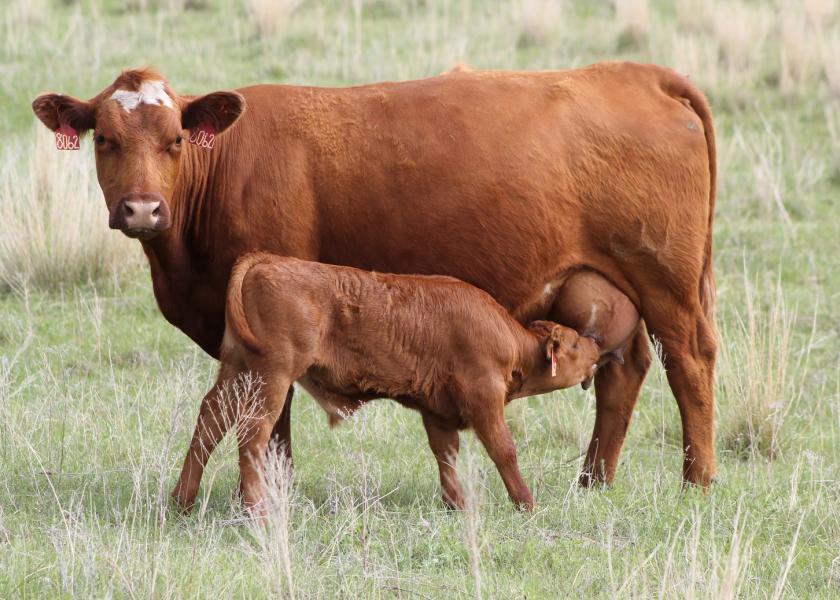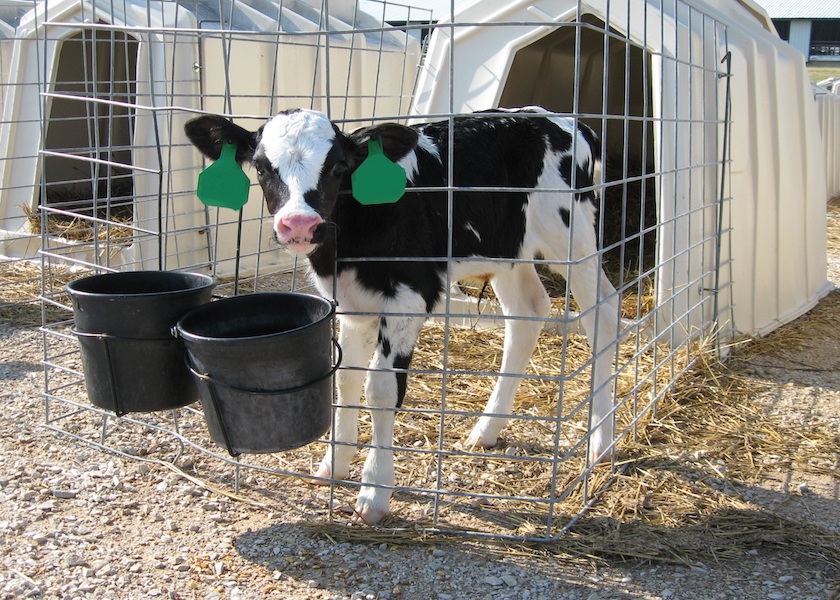New Calf Care & Quality Assurance Program Launched
The U.S. calf-raising sector now has a program to help ensure optimal calf health and welfare via the Calf Care & Quality Assurance (CCQA) program. CCQA is the first, collaborative educational tool that provides guidelines for calf raisers. The CCQA program is a joint initiative led by NCBA’s Beef Quality Assurance (BQA) program, funded by the Beef Checkoff, and the National Dairy Farmers Assuring Responsible Management (FARM) program, managed by the National Milk Producer’s Federation (NMPF) with support from the Dairy Calf and Heifer Association, and the Beef Checkoff-funded Veal Quality Assurance (VQA) program.
“The Calf Care & Quality Assurance program not only exists to support calf raisers, but it helps the consumer understand the attention given to calves, as well,” said Dr. Brett Boyum, Dairy Production Veterinarian for Riverview, LLP and member of the CCQA task force. “Ultimately, the consumer should feel good about knowing that calf-raisers sites following this program will be raising their calves in a responsible manner with their health and welfare as the top priority.”
A reference manual sets the foundation for the CCQA program. The program has been developed understanding the diversity of calf-raising enterprises, being science and outcomes based while maintaining facility type and size neutrality. While the practices identified in the manual are not the only practices that can meet the desired outcomes, the program provides a framework that will serve as great resource for anyone working in the calf-raising industry. In addition to the manual, the CCQA program will roll out producer-focused training modules that will certify producers in the principles of excellent calf care highlighted throughout the manual later in 2021.
“This program represents a leading industry collaboration FOR the calf. It’s an impressive achievement to bring representatives from BQA, FARM, DCHA and VQA together to actively challenge and establish guidelines and standards that align with the values, commitment and passion of calf raisers, shared Stuart Hall, MRCVS, California dairy farmer and task force member. “It’s this passion for calf health and well-being that I plan to nurture using the CCQA manual as an educational tool and reference to challenge our practices and optimize our outcomes for the calf. I think we can all be proud of what we do and why we do it and confidently communicate this with the consumer.”
To learn more about The Calf Care & Quality Assurance (CCQA), please go to: calfcareqa.org.









